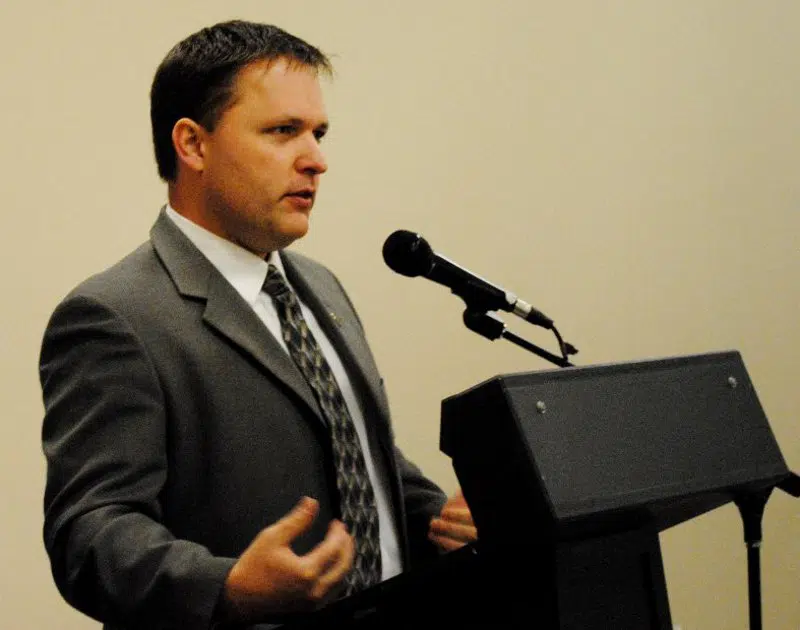
Part 2: Abused trust: Sask. Rivers apologizes at end of 14-year lawsuit
For almost 15 years, three women pushed the Saskatchewan Rivers School Division to apologize for victimization they suffered as students.
The abuse revolved around Prince Albert teacher Dennis Foster, who taught for almost 20 years in the school division, from 1975 to 1993.
The women overcame numerous hurdles, twists, and what one of them calls “game playing” during that process.
The need for closure


